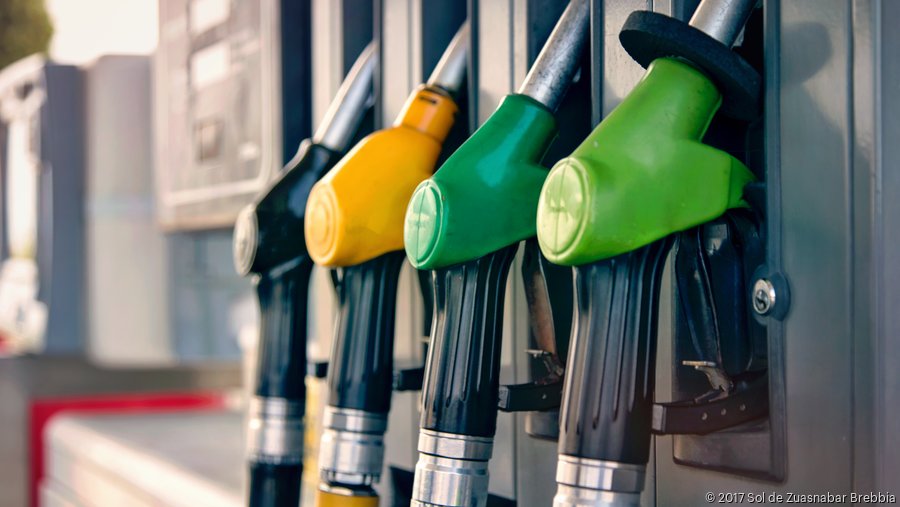Renewable diesel has begun moving through a Clatskanie fuel terminal on the Columbia River, several months after a state permit renewal for the facility brought objections from environmentalists.
Owner Global Partners made the announcement of the first shipment’s recent arrival by rail, and impending departure via ship, in a news release on Friday.
“We are thrilled to be moving low-carbon fuels in Oregon,” CEO Eric Slifka said in a statement. “These fuels are part of the effort to reduce greenhouse gas emissions, bring more jobs and commerce to Oregon, and meet the West Coast’s low-carbon fuel standards.”
Oregon regulators last July renewed a permit that added renewable diesel to the fuels that can be transferred at the terminal. Environmentalists were alarmed that the permit, valid until 2025, retained crude oil as an allowed fuel.
Global Partners stopped transloading crude oil at Clatskanie in 2015, two years after it bought the terminal, and switched to working with ethanol.
The company hasn’t closed the door to ever trafficking in crude oil, but says it has a five-year deal to work with renewable diesel. The company said in July that if its plans changed it would “consult closely with the community.”
Columbia Riverkeeper, a leading voice opposing the permit, remains skeptical.
“Global has a history of publicly putting itself out there as a biofuel facility while quietly making plans to handle crude behind the scenes,” Erin Saylor, a staff attorney with the organization, said via email on Friday. “Just last summer, the company insisted on keeping crude oil in its air permit — which makes this press release seem like a smoke screen.”
Renewable diesel is made from vegetable oils and animal fats. The processes used to make it deliver a fuel effectively identical to conventional diesel, but with a much lower carbon intensity. It’s a key fuel used in California to help meet the state's low carbon fuels standard.
Renewable diesel is distinct from biodiesel, which undergoes a different process that results in a fuel that has more limited uses.
